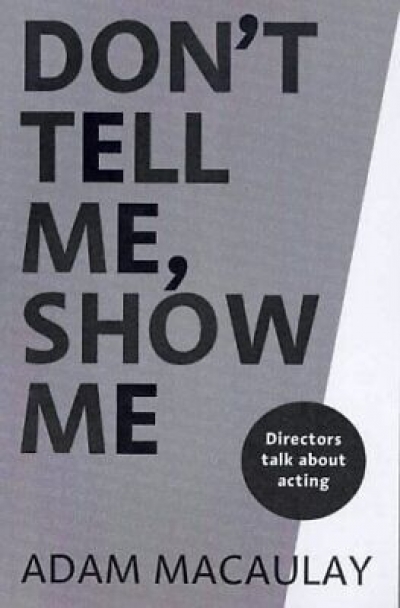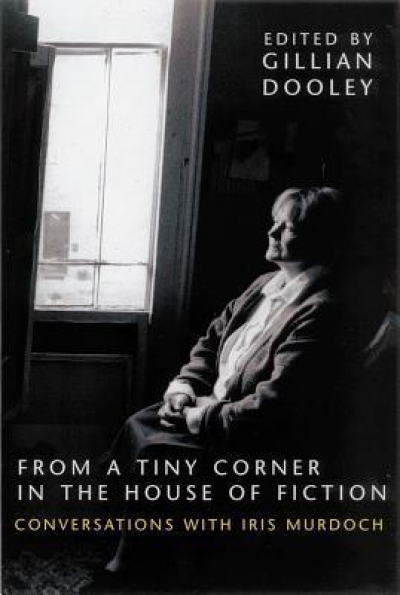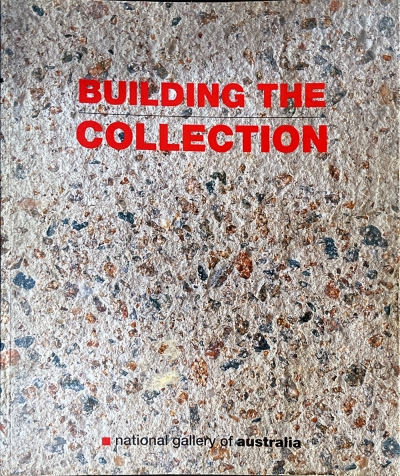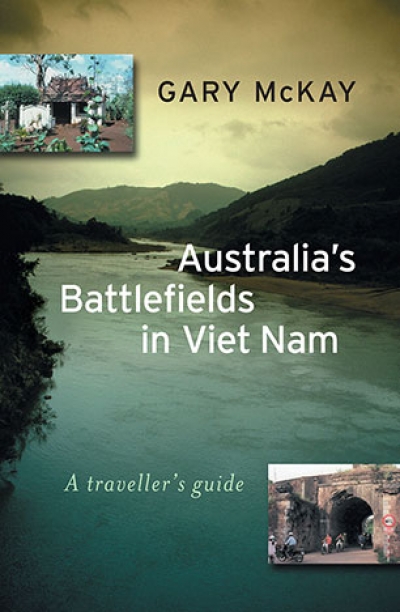Review
Don’t Tell Me, Show Me: Directors talk about acting by Adam Macaulay
by John Rickard •
Women on the Rocks: A tale of two convicts by Kristin Williamson
by Gillian Dooley •
From a tiny corner in the House of Fiction: Conversations with Iris Murdoch edited by Gillian Dooley
by Andrea Goldsmith •
Peace, Order and Good Government: State Constitutional and Parliamentary Reform edited by Clement Macintyre and John Williams
by Grant Bailey •
What Australia Means to Me by Bob Carr & Bob Carr by Andrew West and Rachel Morris
by Beverley Kingston •
Australia’s Battlefields in Viet Nam by Gary McKay & On the Offensive by Ian McNeill and Ashley Ekins
by Jeffrey Grey •
Summer Visit by Antigone Kefala & The Island/L’île/To Nisi by Antigone Kefala
by Stathis Gauntlett •
Turning off the Television by Jock Given & Media mania by Hugh Mackay
by Prue Torney-Parlicki •










